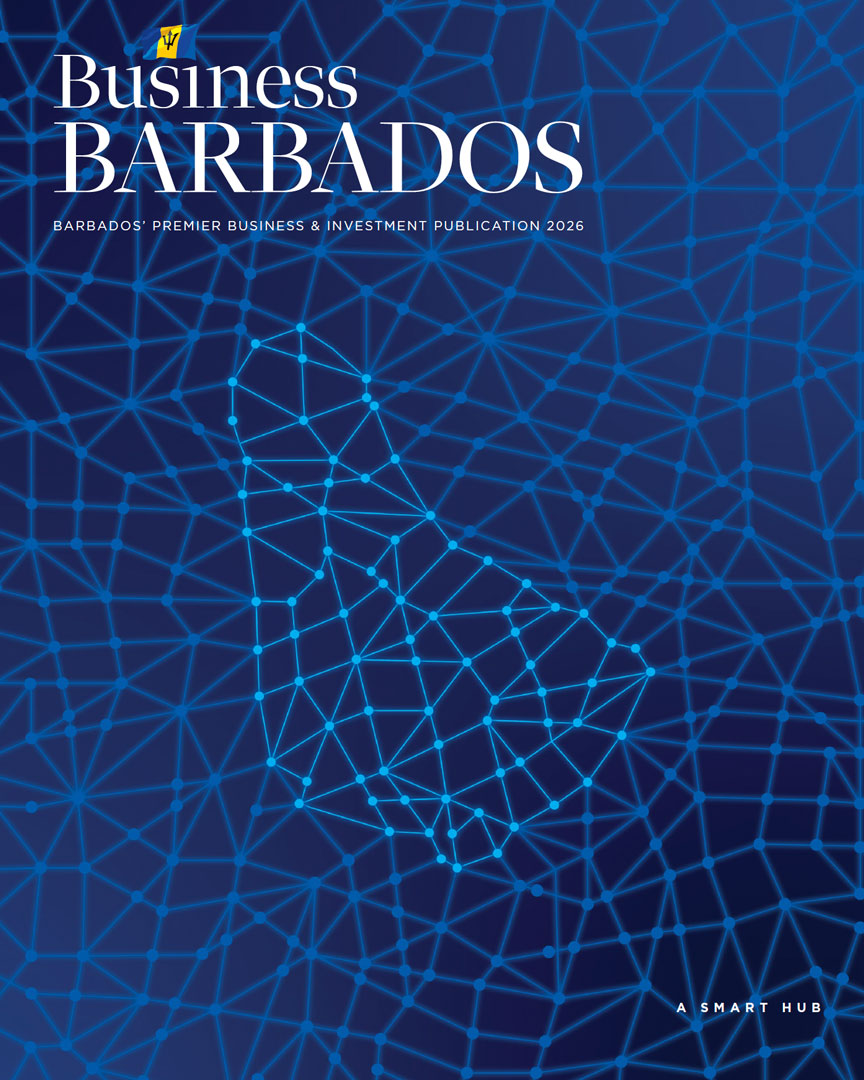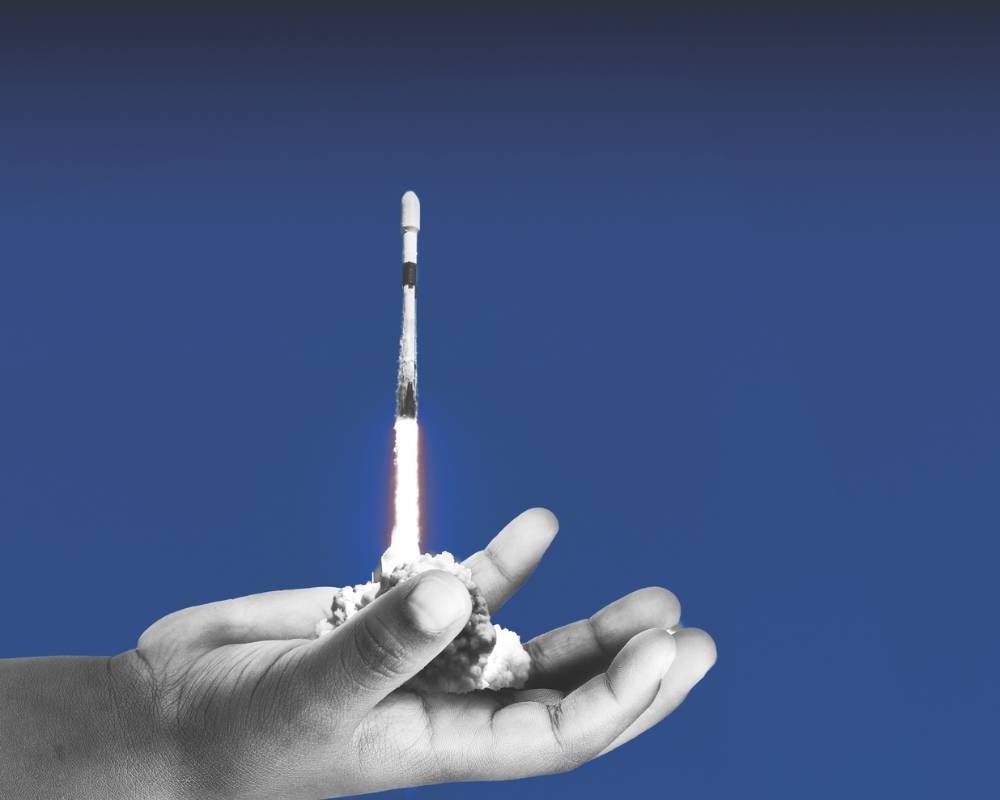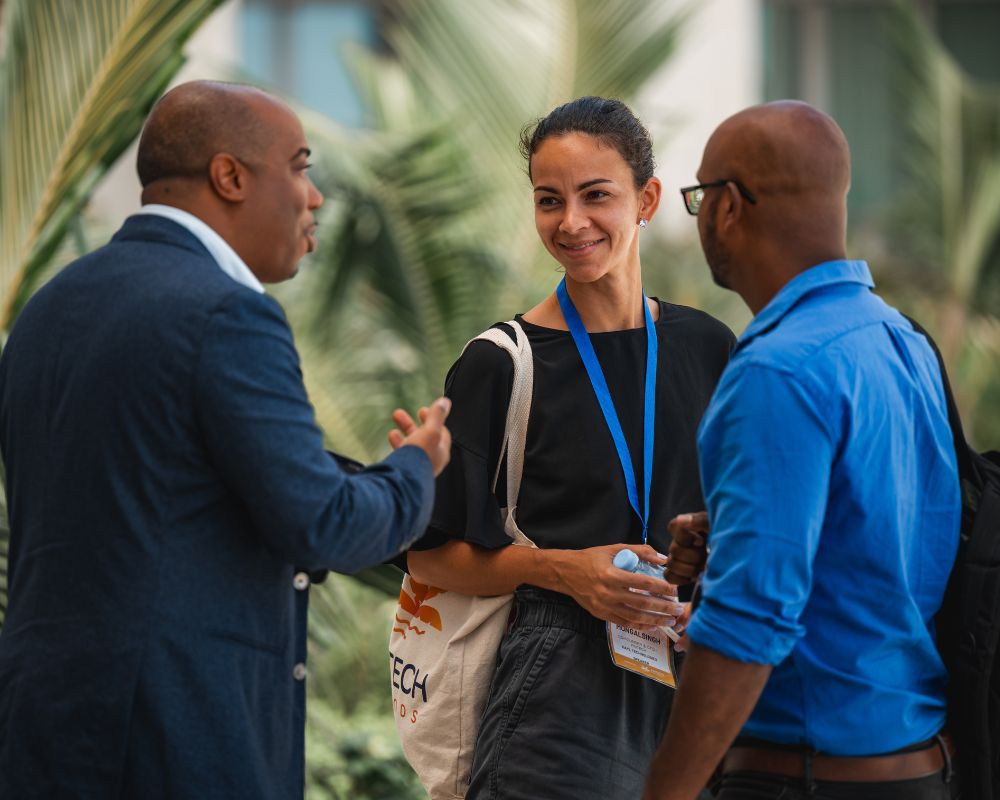
Attention.
That’s what it seems everything to everyone is looking for these days. From the over-the-top “influencers” of social media to the clickbait that even the most reputable news sources seem to traffic in these days, overused superlatives, hype and exaggeration is everywhere, all the time.
So when the rare, but truly revolutionary and world-changing event comes along, it can be difficult to recognise it, but trust me when I say that this is what’s happening right now in the long-suffering world of Artificial Intelligence (AI).
As many of you will know, November 2022 saw the announcement and release by Open AI of a Large Language Model (LLM) called ChatGPT. While it’s easy to get buried in the acronyms, most simply put an LLM is an algorithm (computer program), which uses various techniques to “converse” in human languages such as English, Hindi or Chinese and while there is no actual “intelligence” behind them, their capabilities are nothing short of remarkable. In parallel we are seeing the rise of Generative AI, the ability of technology to take a natural language description and transform it into utterly realistic images or video, to replicate your voice perfectly, and to comprehend human speech in almost any language.
And that’s even before we get to its ability to quickly design drugs for very specific purposes, to recognize patterns in vast amounts of data that humans and previous technology couldn’t detect, to translate ancient languages, and in the more disturbing applications, even take a pretty good guess at reading your mind. Literally.
But before we get to that, and their application in the Barbadian context, I’d like to back up to the early 1990s, to a similarly revolutionary period which I was deeply involved with, as I believe our experience and history with that transition holds important lessons for us today.
The technology that underlies the Internet was originally created in the late 1960s and the technology was deployed and improved relatively slowly through the Seventies. By the mid-1980s it was being used by dozens of larger universities and research organizations, first in the US and then Canada and Europe. Transmission speeds were torturously slow by modern standards, but the ability to communicate instantaneously via email, log in remotely to distant servers and transfer files between them opened all kinds of avenues for collaboration and cooperation.
In 1986 McGill University, where I was studying and working, got connected to this growing network and by 1989 I had privately developed what would go on when we made it public, to become Archie, the world’s first Internet search engine. About the same time Tim Berners-Lee was developing the World Wide Web and these and other technologies went on to fuel an explosive growth of the Internet - a technology that is so ingrained now, some 30 years later, that it’s impossible for many of the 5.3 billion people (65% of the world’s population in 2023) who have access to it, to imagine living without it.
In a generation the Internet has transformed almost every aspect of modern life. It has eliminated or significantly reduced the need for certain jobs. For example, when’s the last time you had to use a travel agent or a bank teller for routine travel or banking? Or made a long-distance telephone call? It has made tele-education, teleconferencing and tele-medicine a reality. It has utterly transformed both the news and entertainment media, shuttering many local newspapers while making giants out of streaming services like Netflix and Spotify. One almost has the combined total of human knowledge, from Do-It-Yourself home improvement to quantum theory through online resources like YouTube and Wikipedia. It has fundamentally changed our lives, our knowledge of the world and the ways we interact with it and one another.
And now along comes another revolution. Tim Urban is an author who created a website (and book) called WaitButWhy and he has two graphs that well illustrate how most of us perceive the current point in technological history.

However the reality of where we currently are looks like this

In my view, we are now at an even more significant point in history with the rise of the New AI – far more world changing than even the Internet, and I see many parallels in that transition.
We cannot see into the future, but intuitively we extrapolate from what has come before to imagine what it will be like. However the reality is that this intuition fails us during periods of explosive technological growth and leaves us unprepared for the very rapid changes coming in the near to medium-term.
Whole swaths of the world’s economies are going to be transformed by AI, and much sooner than we imagine. Call centers employing hundreds of employees are going to rapidly become a thing of the past as voice recognition, speech generation and LLMs combine to produce virtual customer service representatives that are highly knowledgeable, speak almost any language you can imagine, work 24 hours a day, never need a vacation or a sick day.
Jobs often based on pattern recognition like in medicine with reading radiological scans and in pathology will be automated, with doctors taking a supervisory role, presumably then needing far fewer of them. Fashion photoshoots will be created by providing a description of precisely what is wanted, eliminating the stylist, makeup artist, set designer, location scout, lighting director, art director, photographer…and the models themselves, and weather will no longer be a confounding factor. The technology’s ability to craft specific, individualized communications at scale will transform the marketing and advertising industries.
And all of this is possible right now and no field will be spared its revolutionary effects.
So, how does this affect Barbados, and what actions should be taken to embrace and prepare for this technological revolution? Well, firstly nothing can meaningfully be done until all of the stakeholders, both in the public and private sectors, familiarize themselves with what this technology is, and what it is capable of.
This is true even in those areas where these changes are likely not to have a major impact in the near future, as the future has a nasty habit of coming at you faster than you might expect.
Seminars, some of which are already occurring, which employ experts to educate and demonstrate what will be required, particularly those targeted at key sectors of the economy: tourism, banking and other financial services, agriculture and construction as examples. The training of teachers and the revamping of education curricula for secondary and especially tertiary levels will be essential to equip the upcoming students with the understanding necessary to navigate this new world.
And all of this will require constant updating as to keep up with the technology itself as it evolves.
Sadly, like any technology, AI can be used for evil as well as good. Guarding against AI-generated misinformation, scams and cyber attacks will become increasingly important as they become increasingly sophisticated. This will require education and training in vulnerable sectors such as banking, anywhere that personal information is stored, and in infrastructure critical areas such as the hospital, the electricity grid and the gas, sewage and water systems.
The government should make the investigation of the integration of AI, and the execution of that into the educational system and economy, where appropriate and cost effective, a top priority. The great thing for Barbados is that it is well positioned to take advantage of this transition.
Barbados has a highly literate and educated workforce, an excellent telecommunications infrastructure both domestically and internationally with Internet speeds besting many places in the developed world. Regular scheduled direct air links to New York, Miami, Washington DC, London, Amsterdam and Frankfurt make for efficient access to the island and with the Caricom and Welcome Stamp programs facilitating the relocation of non-Barbadian digital nomads and others to live and work on the island, it can be at the forefront of this revolution.
But ignoring or falling behind on educating ourselves, exploring and utilizing this technology where appropriate is not an option, for surely in a globalized economy our competitors will do so, and we will be the poorer, both literally and figuratively, for it.














.avif)
